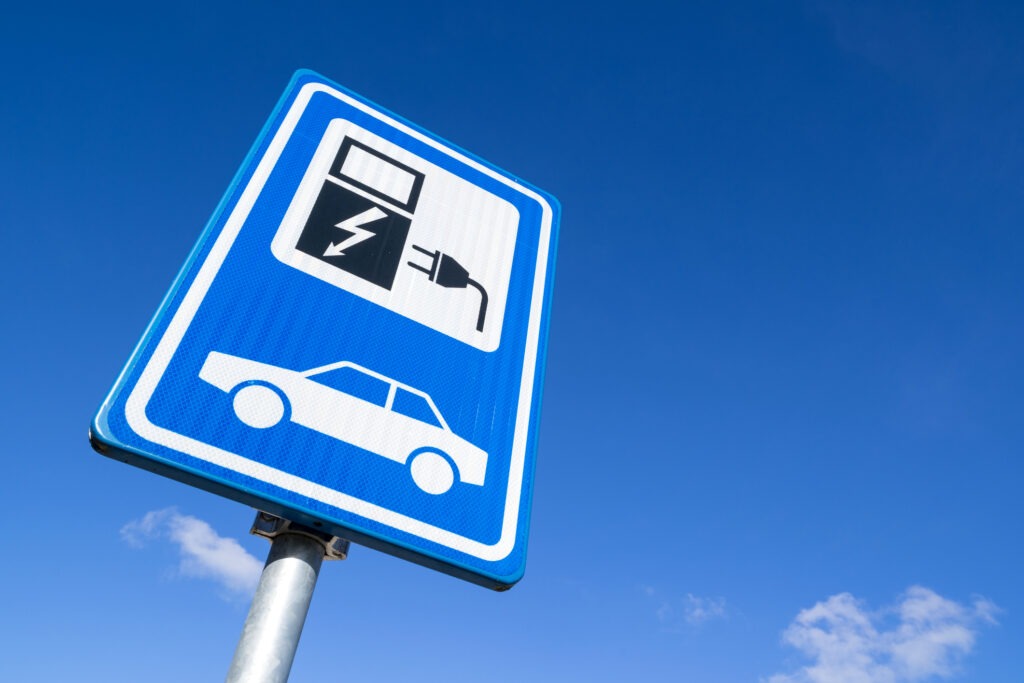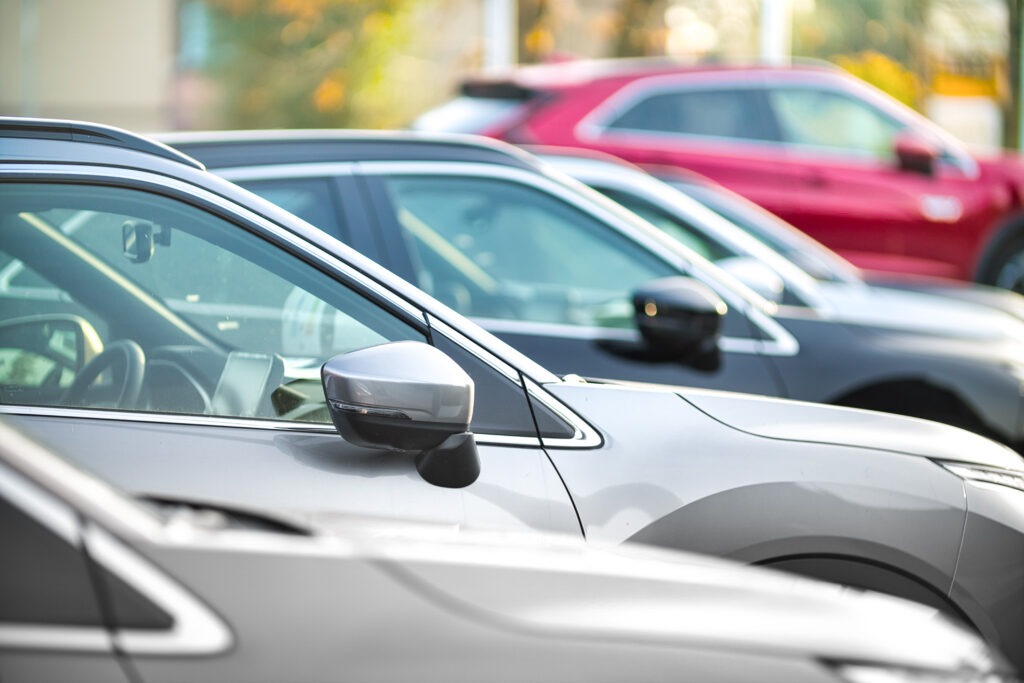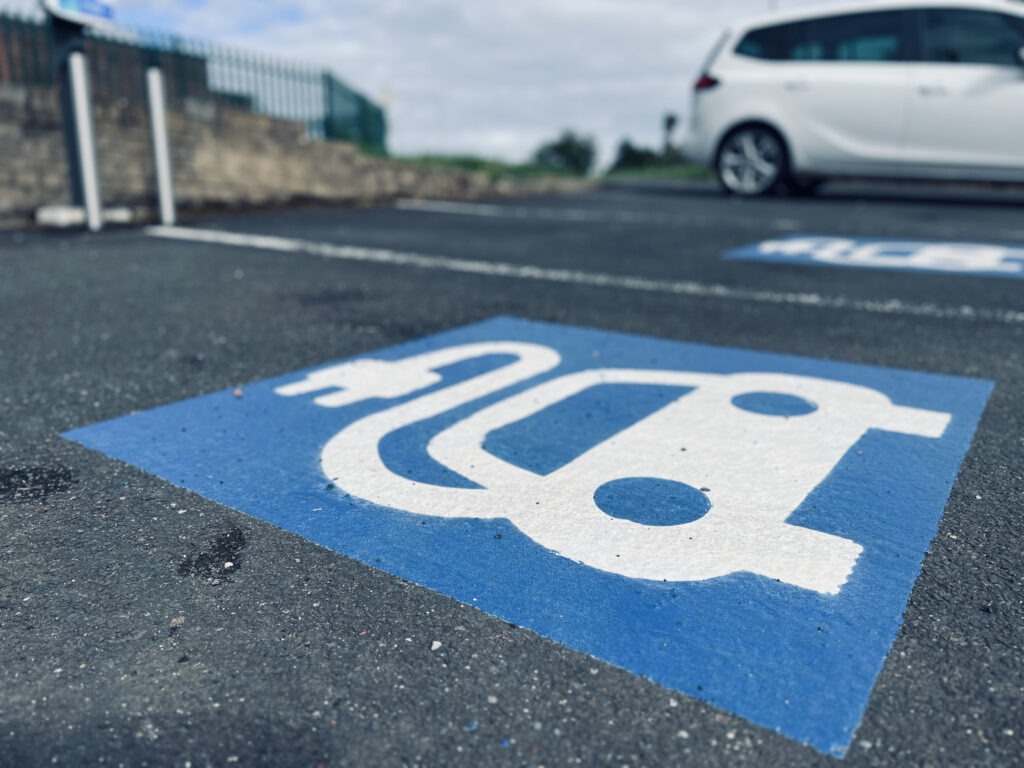EVs enjoy successful start to 2024 in the Netherlands
26 February 2024

Both battery-electric vehicles (BEVs) and plug-in hybrids (PHEVs) enjoyed a successful start to 2024 in the Netherlands. José Pontes, data director at EV-volumes.com, explores the country’s electric vehicle (EV) market.
The Dutch new-car market recovered in January, with registrations up 6% year on year. However, data from EV-volumes confirms that BEVs improved by 57% during the month, with 7,865 all-electric units hitting the country’s roads.
PHEV deliveries also grew, up by 11%, showing signs of a strong start to the year for the country’s EV market. This was reflected in the market shares. BEVs held 23%, their best-ever January, while PHEVs took 13%, meaning EVs represented over a third (36%) of total registrations.
While this is a good start, it is down on 2023’s full-year plugin share of 44%. However, supply is still exceeding demand in the Netherlands, and this year will see the entrance of more competitively priced Chinese models. This may result in traditional OEMs dropping prices to stay competitive, which in turn will lead to a ramp-up in production.
It is likely the country’s EV market share will cross the 50% threshold this year. But more importantly, electrification is continuing at a pace. The Netherlands should see only zero-emission registrations before the EU’s 2035 ban on the sale of new internal-combustion engine models.
January is usually a strong month for PHEVs in the Netherlands, and the powertrain managed to take a 35% share of the plug-in market in January. However, the progression of BEVs in the country is evident.
All-electric models accounted for 65% of all EV registrations last month, up from 56% in January 2023 and 43% at the same point in 2022. As the gap between the two powertrains will keep increasing, BEVs could represent around 80% of plug-in deliveries by the end of 2024.
Another titanic month for Tesla
January saw the Tesla Model Y stay at the top of the Netherlands’ EV best-seller chart, as the vehicle also led registrations across all powertrains. The popular crossover recorded 1,141 deliveries in the month, as the model cemented its position as the BEV of choice in the country.
Yet the Model Y did see stronger competition last month. In second, the Volvo XC40 posted 1,034 registrations, just 107 behind the Tesla. The BEV version of the Swedish model was responsible for the large majority of registrations, with 1,021 battery-powered units.
This may be the last month that the XC40 records a four-digit monthly figure, however. The carmaker is ramping up production of its EX30, which took 101 registrations in January, leaving it outside the top 20. The new model will likely start cannibalising the XC40 in the coming months. Third place went to the Tesla Model 3, delivering 458 units thanks to its refresh.
Skoda’s success in the Netherlands
The first model from Volkswagen (VW) Group to appear in the ranking was the Skoda Enyaq, ending the month in fourth. The carmaker is consistently placing higher than the VW brand, and January was no exception. Recording 352 registrations, the Enyaq led VW Group’s results, while doubling its score from 12 months ago.
Audi also outperformed VW, with the Q8 e-Tron taking fifth. The 344 registrations in January was the car’s best result since it was rebranded as the Q8, putting it at the head of the full-size category. However, the manufacturer is facing increased competition from rivals.
The Kia EV9 achieved a record 130 deliveries, the BMW i5 scored a best-ever result of 106 units and the BMW X5 PHEV secured 195 registrations, its best result in three years. However, the flagship Audi Q8 e-Tron is expected to overcome these challenges as it continues to lead the full-size market.
Further down the table, the Q4 e-Tron ended the month in 18th, giving the German marque two vehicles in the EV top 20. In contrast, VW failed to place any model in January’s table, meaning it was well outperformed by its stablemates.
Jeep’s joyful January
Seventh place was taken by the Jeep Avenger, with a record 317 deliveries in January. The model is continuing to gain traction in Europe, following its launch last year. It could become a success story for the Stellantis brand in 2024.
While the Volvo XC40 placed highly, the carmaker’s other models also performed well in January. The C40 SUV-coupe scored 255 registrations last month, double the deliveries it secured a year ago. Elsewhere, the midsize XC60 PHEV took 12th with 238 units, the SUV’s best tally in two years.
Hyundai’s new Kona EV is also ramping up deliveries. The crossover registered 212 units last month, its best result in two years. Just below in 15th, the Mercedes-Benz GLC PHEV secured a best-ever result, with 202 deliveries. This suggests the model is looking to join the race for the top PHEV title this year.
Outside the top 20, the BYD Atto 3 secured a record 141 registrations and could join the charts in the coming months.
More Chinese carmakers
This year could see more Chinese brands enter the Netherlands. This will give buyers access to a wider range of affordable models that echo some traits of more well-established models.
While Lynk & Co is already well-known for its PHEVs in the Netherlands, the Geely-owned carmaker is switching to BEVs this year. It will receive technical support from the established Volvo dealership network, which should make it more attractive to customers looking for a competitively-priced all-electric vehicle.
Geely is likely to establish itself as a major threat to some of the biggest brands in Europe, offering models that will appeal to premium and sportscar markets. Volvo fills the premium position, while Polestar and Lotus are building a blend of luxury and performance.
The upcoming Zeekr brand will also appeal to the average customer. This is particularly true for the planned Zeekr X compact crossover, which will compete with the VW ID.3 and ID.4, while the Zeekr 007 is a mid-range SUV. These additions to the Dutch market will mean more choice for customers, helping push the BEV market forward.
Victory for Volvo
In the brand table, Volvo once again started the year in the lead, with a 14.8% share. The Swedish carmaker was followed by Tesla, with 12.8%, and BMW, which took 10.6%. These three manufacturers have already gained a significant lead over the remaining competition.
Mercedes-Benz (6.3%) started the year in fourth, while fifth-placed Audi (5.7%) was close behind. The Korean brands were not far away, as Hyundai took a 5.4% share, and Kia a 4.9% share. Both brands appear to be looking towards the top five in the coming months.
With brands brought together under their parent groups, Geely-Volvo started 2024 in the top spot, despite a slow month for Lynk & Co. The group benefitted from Volvo’s strong results, pushing the OEM to an 18.9% market share in January.
Tesla came second with a 12.8% share, while BMW Group landed in third, holding 10.9% of the market. The brand managed to begin 2024 ahead of its domestic rival, VW Group, which took fourth also with a 10.9% share. This is a drop from its lead position 12 months ago and is down to the poor performance of the VW brand.
Hyundai Motor Group came fifth, with a 10.4% share in January, ahead of Stellantis. The multi-brand group finished second in January 2023 but dropped to sixth place last month with a 9.1% share. This was partially down to Peugeot’s poor performance, which failed to place a model in the EV top 20.



